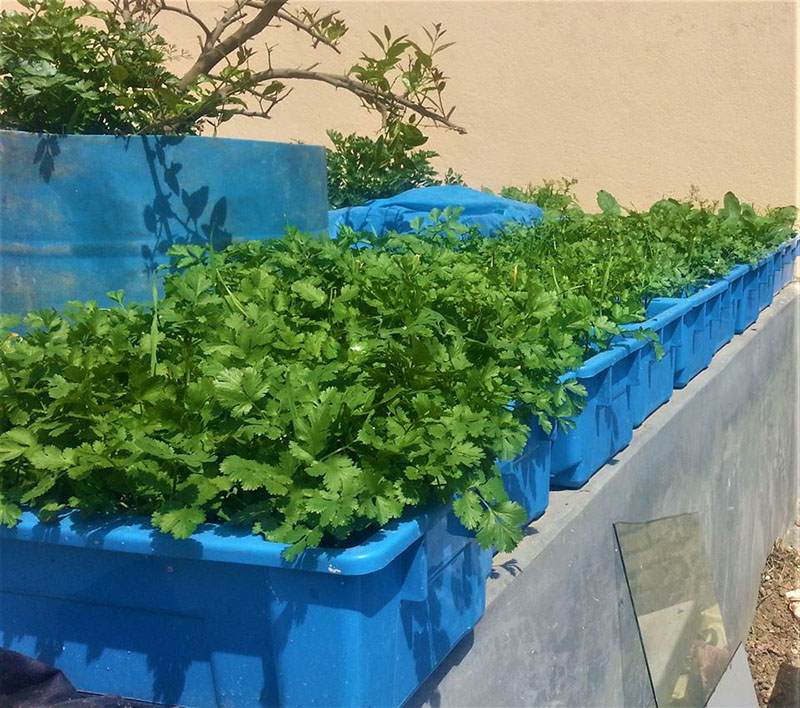Waste not, start composting
Kathmandu
The signs of life sprouting out of the vegetable trays on Sanu Maiya Maharjan’s terrace can seem overwhelming for some. She has grown beans, brinjals, big bulky lemons, radishes, chillies and green leafy vegetables in buckets, cardboard boxes, and rice sacks, all without using chemical fertilisers.
Working as a Waste Management Expert at Kathmandu Metropolitan City (KMC) office, she has breathed life to kitchen leftovers via composting.
The key in waste management, she says, is segregating inorganic and organic wastes. She doesn’t mix food waste like egg shells, bones, tea waste, fruit and vegetable waste, leftover rice, bread with plastic wastes like packets of chips, milk pouches, sanitary pads or diapers.
“The process however, is rarely practised here in Nepal,” she observes.
Lack of waste segregation
As per Maharjan, over 70 per cent of solid waste generated in Nepal is organic, most of which end up in landfill sites.
Burying organic waste in landfill is a big problem in Kathmandu, as Manish Pratap, Director at Praramva Biotech elucidates: “When organic waste is dumped in landfill, it undergoes anaerobic decomposition and generates methane.
When released into atmosphere, methane is 25 times more potent a greenhouse gas than carbon dioxide.” Since, many don’t segregate waste; rag pickers are doing the job so as to use organic waste in making compost. Biocomp Nepal collects over 20 tons of municipal organic waste, particularly from vegetable wholesalers at Kalimati and Balkhu markets, turning it into profit selling organic fertilisers to farmers.
Lockdown and waste management
Now with the country shut down and families confined to their homes, waste management experts have urged people to make compost out of kitchen waste.
On April 29, Maharjan conducted a Zoom webinar in collaboration with Guthi hosting a twohour workshop to initiate citizens into composting. If there is no compost bin, make one, says Maharjan.
“Just drill four-five holes around a bucket at different levels to let some air in. To avoid any spills place a newspaper underneath your container and layer its bottom with soil,” she informs.
Then put the segregated kitchen waste into the container and within a month or two the waste will decompose into compost, which can be used in kitchen or terrace garden. Meanwhile Pratap advises to put the kitchen organic waste into the bin as soon as possible because “as you leave organic waste open, bhusunas (Phlebotomine) lay eggs there”. Maharjan adds some saw dust or dry soil to the waste from time to time to reduce its foul smell and contain moisture.
“Adding gudd (jaggery) with hot water can stimulate composting,” illustrates Maharjan.






